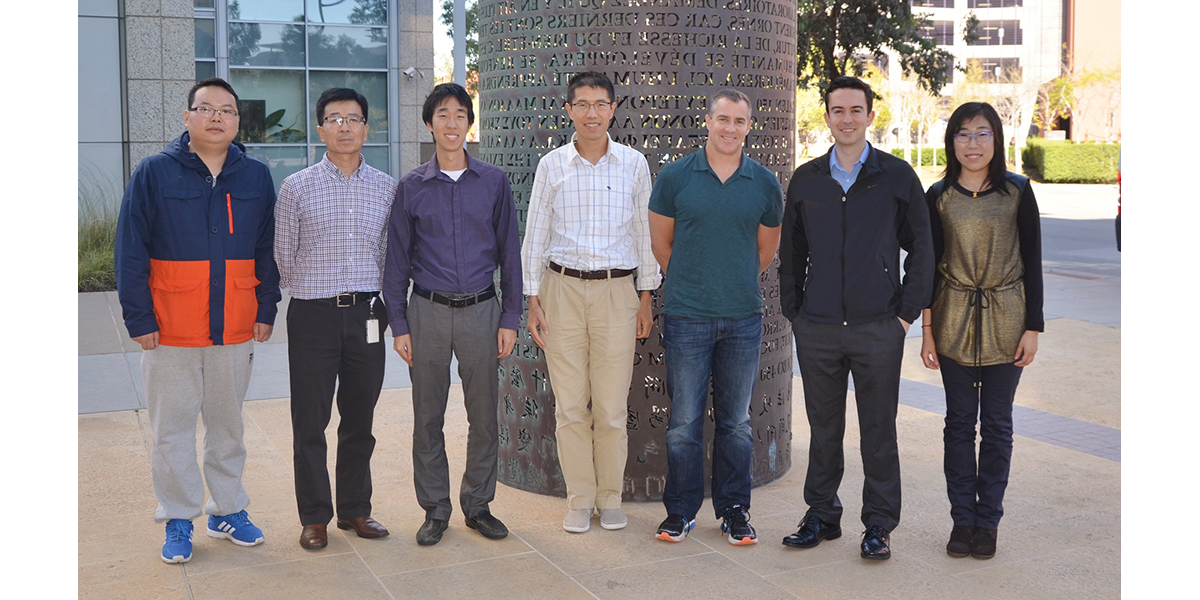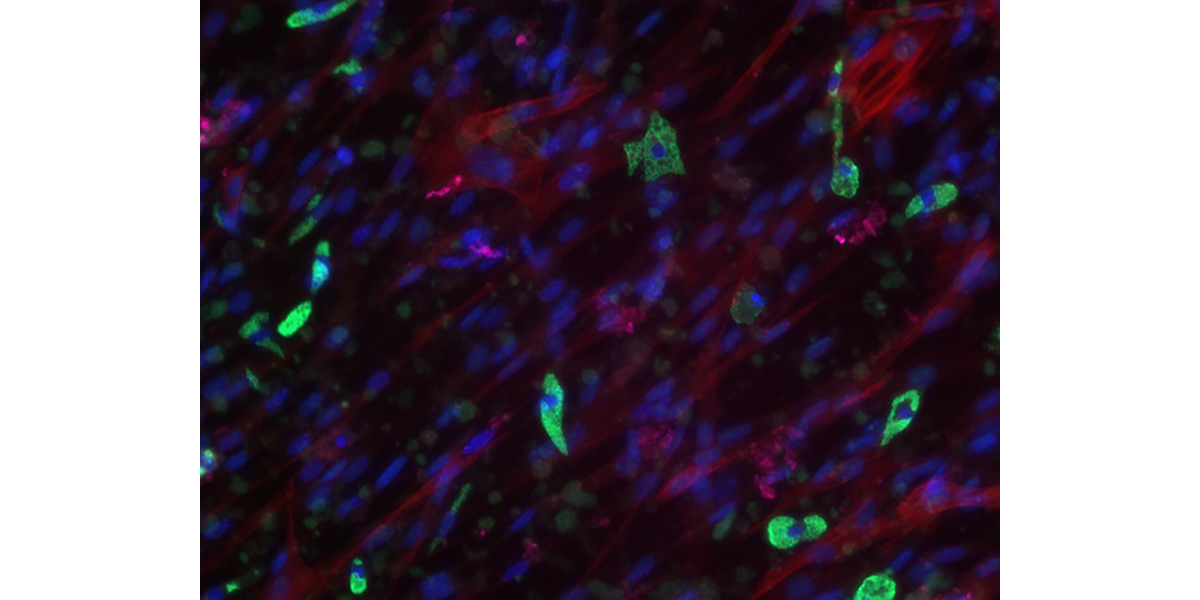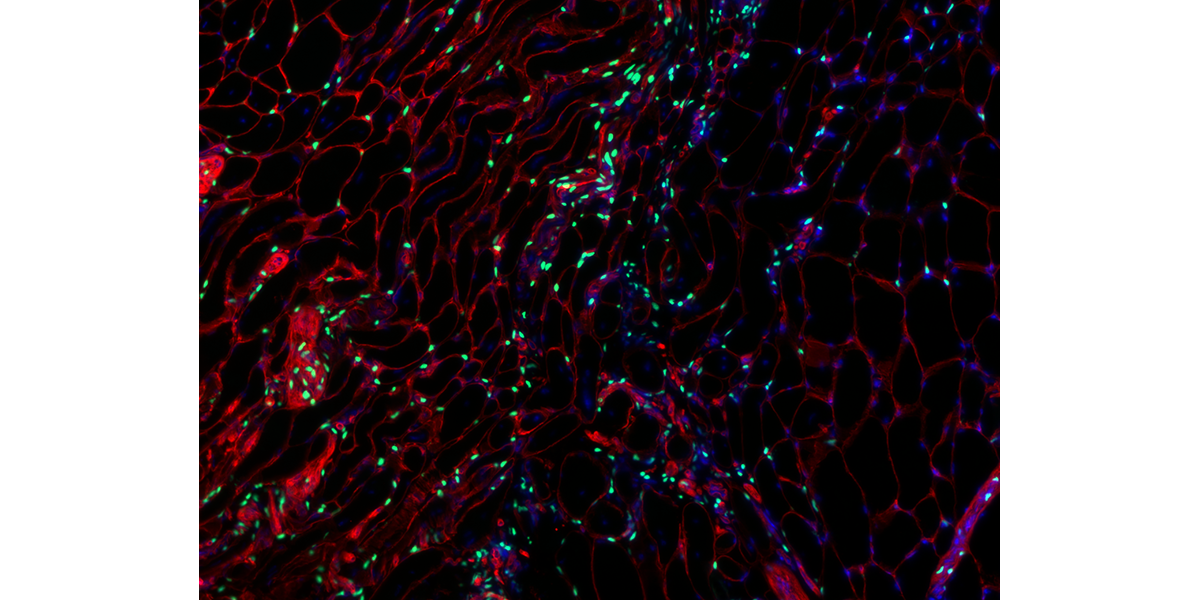Feeley-Liu Lab for Muscle Regeneration
1700 Owens Street, Room 361
San Francisco, CA 94158
Tel: 415-575-0546
Our work
Current projects
We are currently evaluating the relationship between these signaling pathways, beige adipose tissue (BAT), and FAP cells since both stem cell populations share similar markers of expression. BAT has an important role in energy balance, and may produce local growth factors such as IGF-1 that can promote a healing environment for muscle. The emergence of BAT is of particular importance in RC injury given the clinical significance of fatty infiltration. Our goal over the next five years is to expand our understanding of how these resident stem cells function in our mouse model of RC tears, and study these cell populations in patients undergoing RC repair. We are currently funded by the VA and the NIH. To learn more, visit the Feeley Lab web site.
Research projects in our lab include:
- Novel models of rotator cuff injury and repair in normal and genetically modified mouse strains
- Treatment strategies to induce muscle FAPs to beige fat and improve muscle quality
- Understanding the phenotypic and genotypic differences in FAPs from different muscle groups, and how they may be induced to beige fat differently
- Strategies to improve muscle quality after rotator cuff repair with the use of endogenous stem cell activation
- Use of nanofibers to improve muscle regeneration in volumetric muscle loss and rotator cuff repair
- The role of FAPs in muscle regeneration in ischemia and reperfusion injury, as well as blood flow restriction therapy
Feeley-Liu Lab for Muscle Regeneration
1700 Owens Street, Room 361
San Francisco, CA 94158
Tel. 415-575-0546


